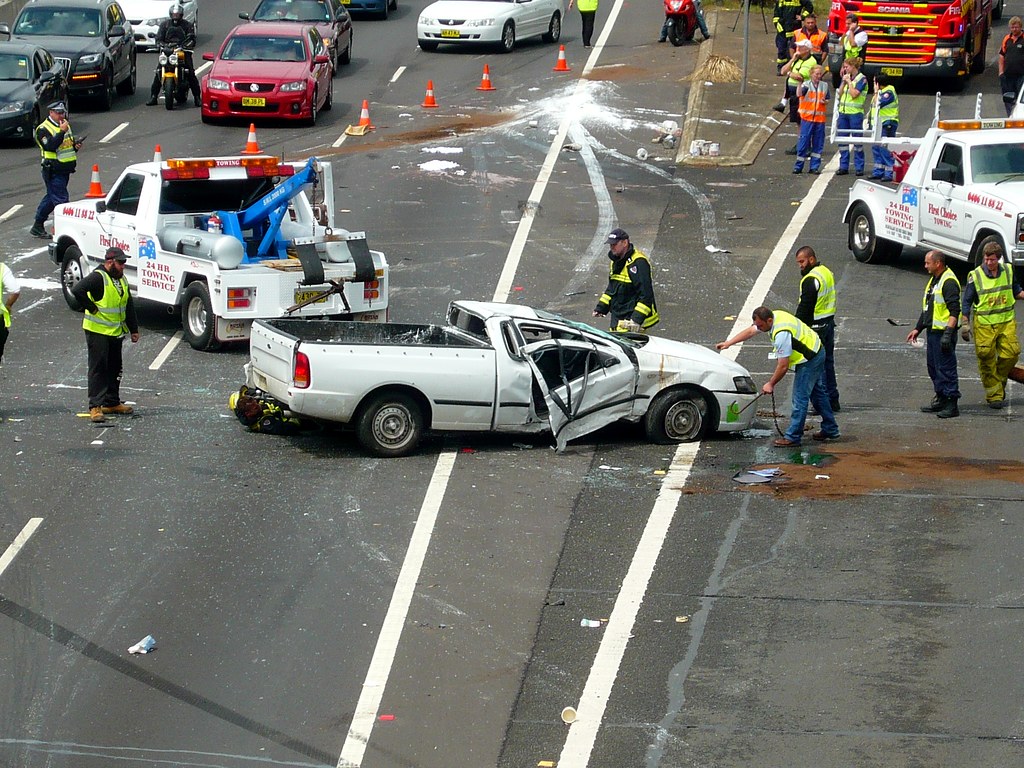
A motor vehicle accident can be a truly jarring experience, shaking up your entire life in an instant. Beyond the immediate shock and potential physical injuries, the aftermath often brings a wave of confusion and uncertainty about what to do next. It’s a moment where things move fast, and the pressure can feel immense, making it difficult to think clearly about the practical steps required to protect your interests. However, understanding the critical importance of documentation can empower you during this challenging time, turning potential chaos into a manageable process.
Getting fair compensation, regardless of who was at fault, hinges significantly on the records you keep and the information you gather. These documents aren’t just paperwork; they are critical legal evidence that forms the backbone of any personal injury claim. Missing even seemingly small details can unfortunately hurt your claim, potentially giving insurers reasons to reduce your payment or challenge your version of events. Proper records, from the moment the accident occurs and in the days that follow, are your shield, helping you prove fault, demonstrate your injuries, and support your need for fair legal compensation.
Navigating the claims process, especially when you’re also focused on recovery, can feel overwhelming. That’s why we’ve compiled this essential checklist. Whether you’re a first-time driver or a seasoned veteran, knowing precisely which documents to secure and how they contribute to a robust case can make all the difference. We’ll guide you through the initial steps of gathering evidence right at the accident scene and managing crucial follow-up documentation, ensuring you’re well-prepared for a smoother claims process and the best possible outcome. Let’s dive into the first six critical documents you’ll need.
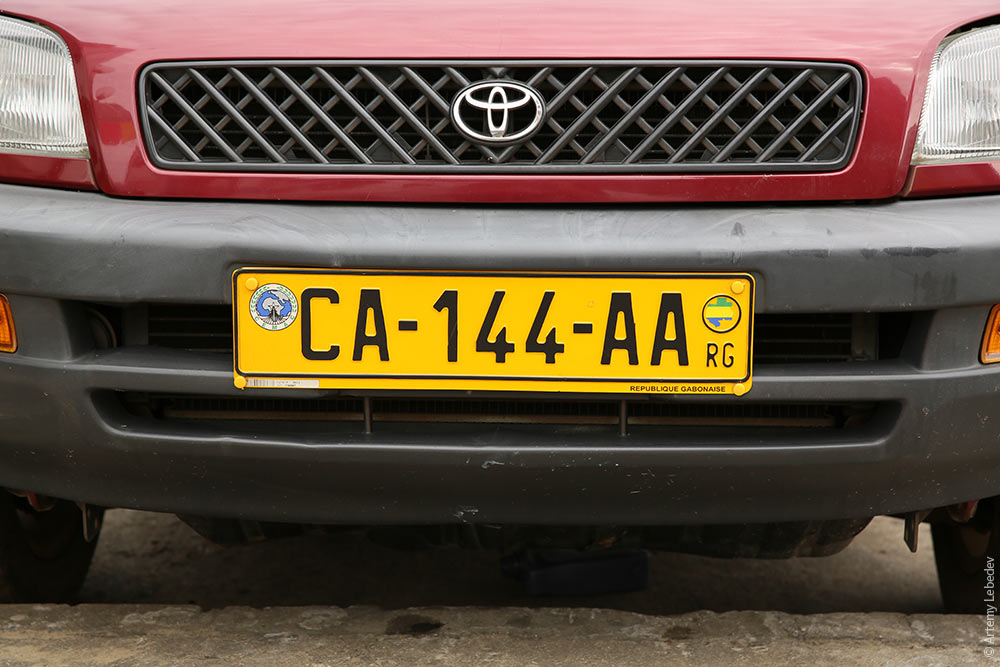
1. **Driver’s License and Vehicle Registration**Right after an accident, one of the most immediate and fundamental steps you must take is to exchange driver’s license and vehicle registration information with all other parties involved. This isn’t just a formality; it’s a crucial initial piece of the puzzle that helps officially identify everyone connected to the incident. Having this information readily available for exchange streamlines the first responders’ work and ensures that all involved individuals are properly recorded in the official accident report.
Your driver’s license proves your legal authority to operate a vehicle, while your vehicle registration confirms ownership and that your car is legally permitted on the road. These documents are vital for police officers at the scene, as they use this information to accurately complete their accident reports, detailing all involved drivers and vehicles. Without this basic exchange, identifying parties correctly can become a complicated hurdle, potentially delaying your claim and making the entire process more arduous than it needs to be.
Beyond immediate identification, this information serves as a safeguard against potential issues down the line. If another driver provides false information at the scene, having their legitimate driver’s license and registration details can be incredibly helpful in identifying them later on. This proactive approach ensures that you have verified contact and vehicle ownership details, which are indispensable for insurance companies and legal teams when they begin their investigations into the accident’s circumstances. It’s the groundwork upon which the rest of your claim will be built, so secure it promptly and accurately.
Providing this essential documentation from your side also demonstrates your cooperation and adherence to legal requirements, which can be beneficial in how your claim is perceived. By ensuring you collect and provide this foundational information, you establish a clear and verifiable record from the outset. This small but significant step is a cornerstone of protecting your rights and lays the groundwork for all subsequent documentation and legal actions.
Read more about: 12 Simple Steps to Protect Your Legal Rights After a Minor Car Accident
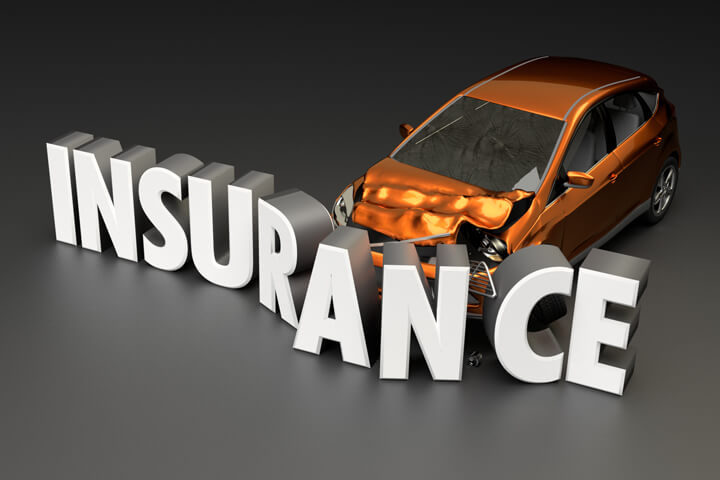
2. **Insurance Information**Following the exchange of driver’s license and registration details, gathering comprehensive insurance information from all parties involved in the accident is equally vital. This includes the other driver’s policy number, the name of their insurance company, and their contact information. Your own insurance details are, of course, something you should always have readily accessible, typically kept alongside your registration in your vehicle. This immediate collection of insurance data is fundamental for initiating claims and determining coverage for damages and injuries.
Once you’ve collected the necessary insurance details, it becomes paramount to save all communication related to your claim. This includes recording claim numbers, the names of any adjusters you speak with, and payment records. Most insurers require prompt notice after an accident, but it’s critical to exercise caution in what you say during initial conversations. Your statements can significantly impact your payout, and one wrong or misunderstood statement can regrettably be used to reduce the compensation you receive.
It’s highly advisable to speak with legal counsel, such as Alpha Law Group, before providing detailed information to insurance companies. Legal professionals understand how to present your insurance records and communicate effectively, ensuring your words aren’t inadvertently used against you. They can guide you through the nuances of insurance correspondence, helping you navigate tricky questions and protecting your rights throughout the negotiation process. This strategic approach ensures that your documented interactions with insurers work in your favor, rather than creating unforeseen challenges.
Maintaining a meticulous log of all your interactions with insurance providers, coupled with the proper exchange of information at the scene, forms a robust part of your claim. It helps establish a clear timeline of events and communications, making it harder for insurance companies to dispute facts or delay the process. This diligent record-keeping of insurance information and correspondence underscores the value of being organized and prepared, turning potentially complex interactions into a clear and defensible record.
Read more about: Don’t Get Scammed: 14 Car Services and Accessories That Are a Total Waste of Your Money

3. **Police Accident Report**Among the most crucial documents to obtain after a motor vehicle accident is the police accident report. This official document is typically compiled by an officer at the scene and contains a wealth of important details, including the license plate numbers, vehicle information, and a comprehensive account of how the crash happened. The objectivity of a police report makes it a key piece of evidence, helping to establish fault and providing an impartial narrative of the incident, which is invaluable for your claim and any potential legal proceedings.
When officers are at the scene, it’s a proactive step to ask for their badge and report number. This information will allow you to easily track down and obtain a copy of the official report once it’s available. The details contained within, such as road conditions, weather, and initial statements from drivers and witnesses, are all documented by trained professionals, making the report a powerful tool in supporting your version of events and countering any conflicting accounts. It serves as a foundational piece of evidence, adding significant weight to your case.
In situations where the damage is minor and no officer arrives at the scene, you may still be able to file a self-report online. This option allows you to officially record the accident, and such forms are generally accepted by most insurers. It’s a critical alternative to ensure that your accident is formally documented, even without immediate police intervention. This official record is a formal recognition of the incident, which can be just as vital for your claim as a police-generated report, confirming the occurrence and providing a structured account.
The police accident report provides an objective account of the crash, detailing observations made by trained professionals and statements collected at the time. This documentation is incredibly helpful for insurance adjusters and legal teams, who rely on it to understand the circumstances of the accident, assign fault, and determine liability. Securing a copy of this report promptly is a pivotal step in building a strong, verifiable case that protects your rights and strengthens your position for fair compensation.
Read more about: Are You Driving a ‘Show-Off’ Vehicle? The Top 10 Car Brands Prone to Speeding Tickets

4. **Photographs and Videos of the Accident Scene**In the aftermath of a car accident, your smartphone can become one of your most powerful tools. Taking photographs and videos of the accident scene is an extremely helpful way to capture what truly happened, providing undeniable visual evidence that can be crucial in determining fault and serving as powerful proof in legal proceedings. Unlike verbal accounts, visual documentation is difficult to argue with, as it captures real, concrete proof that vividly illustrates the accident’s impact.
When taking photos and videos, aim for a comprehensive approach. Start with wide shots that show the overall scene, including road conditions, traffic signs, and the relative positions of all vehicles involved. Then, zoom in for close-up shots of the damage to both vehicles, any specific road hazards that may have contributed to the accident, and even any clear personal harm or property damage in the vicinity. Record where the cars ended up after the crash, noting any skid marks or debris. The more angles and details you capture, the stronger your visual narrative will be.
These visual records offer an immediate, unfiltered look at the scene before anything is moved or altered. They can show details that might otherwise be forgotten or misremembered, such as a damaged traffic signal, inclement weather conditions, or the extent of vehicle deformation. Such evidence can corroborate your statements, support witness accounts, and even disprove false claims made by other parties. It’s an invaluable layer of proof that complements official reports and verbal testimonies.
The clarity and objective nature of photographs and videos make them incredibly persuasive in negotiations with insurance companies or in court. They paint a clear picture of the incident, leaving little room for subjective interpretation or denial of facts. By diligently capturing these visual details, you significantly strengthen your argument, making it harder for insurance companies to offer you less money than you deserve. This comprehensive visual record ensures your case is built on solid, verifiable evidence.
Read more about: 12 Simple Steps to Protect Your Legal Rights After a Minor Car Accident

5. **Witness Statements and Contact Details**While police reports and visual evidence are critical, the accounts of independent witnesses can significantly strengthen your car accident claim by backing up your version of events. Witnesses often observe the accident from a different perspective and their unbiased accounts can provide crucial details that might otherwise be missed or disputed. Their statements can be particularly impactful when there’s a disagreement about who was at fault, adding an objective voice to the narrative.
It is imperative to collect witness statements and their contact information right at the scene, while their memories are still fresh. People tend to forget details over time, so quick action ensures that accurate and immediate observations are recorded. Ask for their full name, phone number, and email address, and if possible, jot down a brief, initial statement from them on the spot. These quick notes help capture important details before they fade, providing a reliable record of their recollections.
Witnesses can confirm specific actions, vehicle movements, or road conditions that might have led to the accident, offering a third-party perspective that validates your experience. Their testimony can be especially valuable if the other driver involved attempts to distort the facts or deny responsibility. A corroborating witness can decisively tip the scales in your favor, reinforcing your claim and challenging any false narratives that emerge.
When you engage with legal counsel, such as Alpha Law Group, they will know how to effectively utilize these witness statements. Lawyers can follow up with witnesses for more detailed accounts, ensuring their testimonies are formally documented and ready to be used to support your case. By diligently collecting this information at the scene, you provide your legal team with powerful resources to build a robust case, protect your rights, and pursue the fair compensation you deserve.
Read more about: Inside Vanilla Ice’s Garage: A Deep Dive into the Rapper’s Eclectic and Multi-Million Dollar Automotive Collection

6. **Medical Records and Bills**Your medical records are undeniably vital for any personal injury claim stemming from a car accident. These documents provide conclusive evidence of your injuries, outlining your diagnosis, the specific treatments you’ve received, and all associated costs, including medication, therapy, and hospital stays. They connect your physical suffering and financial burden directly to the accident, forming an indispensable part of your claim for damages.
Even if you feel okay immediately after a collision, it is absolutely critical to see a doctor promptly. Some injuries, such as whiplash or internal trauma, may not manifest symptoms until hours or even days later. A delay in seeking medical attention can significantly hurt your case, as insurance companies may try to argue that your injuries were not caused by the accident itself, but rather by an unrelated event or a pre-existing condition. Prompt medical care establishes a clear timeline, directly linking your injuries to the incident.
Every consultation, diagnosis, prescription, and therapy session must be meticulously documented. Keep records of all your medical bills, receipts for medications, and any other out-of-pocket expenses related to your treatment. These documents not only quantify your financial losses but also serve as tangible proof of the severity of your injuries and the necessity of your medical care. They paint a comprehensive picture of the physical and economic impact the accident has had on your life.
At firms like Alpha Law Group, the emphasis is always on prompt medical attention and proper documentation because it strengthens your claim exponentially. Comprehensive medical records allow your legal team to accurately measure your losses and advocate effectively for the full compensation you are entitled to. This attention to medical detail ensures that your recovery journey is properly documented, leaving no stone unturned in establishing the true cost and impact of your injuries.
Now that you’ve gathered the immediate evidence from the accident scene and secured your initial medical documentation, it’s time to look beyond the immediate aftermath. The next set of documents is equally crucial for solidifying your claim, ensuring all financial impacts are accounted for, and preparing for any ongoing legal or insurance discussions. These are the records that fortify your position for maximum compensation and cover the ongoing practicalities that arise from an accident. Let’s dive into the next six essential documents that will help you navigate the claims process with confidence.
Read more about: Consumer Alert: Unmasking the Hidden Costs and Traps of Your Subscription Services at Renewal
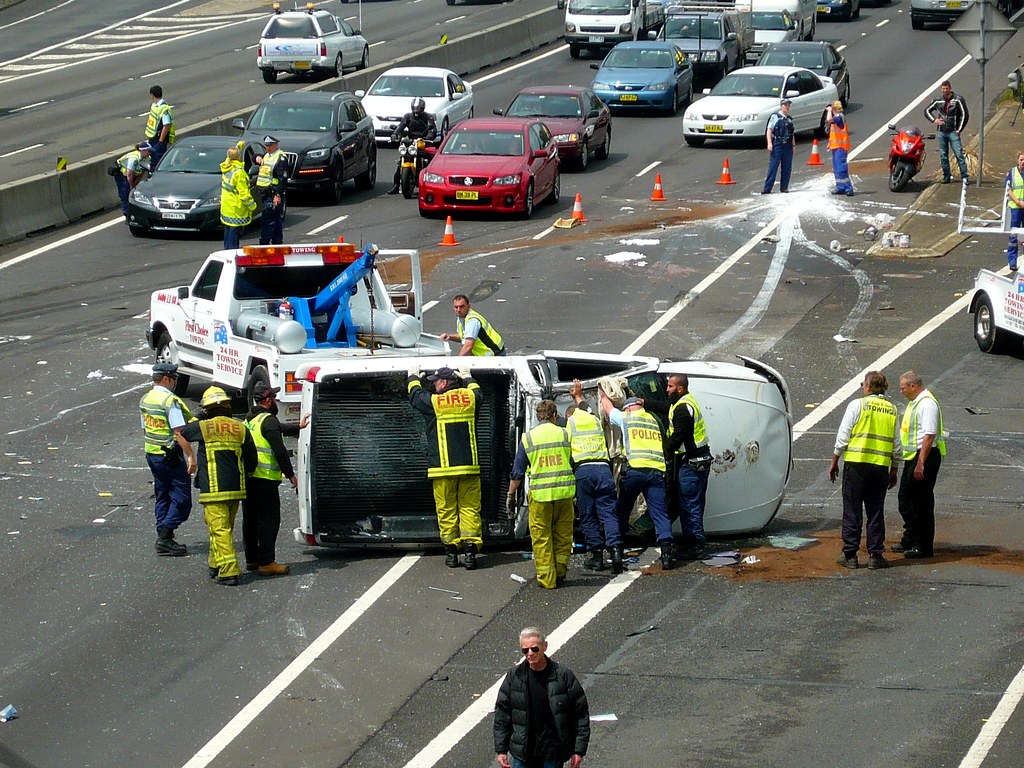
7. **Vehicle Damage Estimates and Repair Records**After experiencing a car accident, assessing the damage to your vehicle is an immediate and critical next step. Even if your car appears drivable, there could be hidden damage that needs professional attention. Getting a thorough, written repair estimate from a trusted auto body shop isn’t just a suggestion; it’s a necessary action to quantify your property losses accurately. This estimate should detail all necessary repairs, estimated labor costs, and parts, as well as any potential future issues that may arise from the accident.
It’s not enough to simply get an estimate; diligently keeping all repair records is equally vital. These papers serve as tangible proof of the financial impact the accident has had on your property. They clearly show the cost of repairs and establish a direct link between the damage and the incident itself. These documents move beyond initial visual assessments, providing a professional and itemized breakdown of exactly what it will take to restore your vehicle to its pre-accident condition.
These detailed repair estimates and subsequent records are incredibly powerful when dealing with insurance companies. They make it significantly harder for adjusters to dispute the extent of the damage or offer you a lower settlement than you truly deserve. By presenting clear, documented costs, you create an undeniable argument for the compensation needed to cover your vehicle’s restoration. This comprehensive documentation ensures that your property damage claim is robust and fully supported.
Furthermore, these records are a cornerstone for your legal team, such as Alpha Law Group. Lawyers can meticulously cross-reference your repair documentation with the police accident report and any visual evidence you collected. This alignment helps to build a cohesive narrative of the accident’s impact, ensuring that the documented costs precisely match the damages observed. Having these records organized and readily available ensures your claim for property damage is not only valid but also fully defensible.
Read more about: 12 Essential Steps: Navigating a Hit-and-Run Accident Legally and Safely with Expert Guidance

8. **Personal Notes and Accident Diary**In the whirlwind following a car accident, details can quickly become hazy. This is precisely why maintaining personal notes or an accident diary can become an invaluable asset for your claim. Far from being informal jottings, these records serve as a chronological, detailed account of everything you remember and experience. They capture fleeting details about road conditions, weather at the time of the crash, or even specific statements made by the other driver, which can be critical for your case.
Your personal diary should be a living document, updated regularly as events unfold and as your recovery progresses. Beyond initial observations, it’s a powerful tool to track your medical journey. Note every doctor’s visit, therapy session, medication taken, and the dates of any medical bills received. Most importantly, record your physical injuries and how they evolve over time—documenting pain levels, limitations, and how these affect your daily life and work. This ongoing record clearly links your suffering and expenses directly to the accident.
This meticulous record-keeping provides incredible clarity and precision that can be hard to recall weeks or months later. It acts as a memory aid, allowing you to provide accurate, consistent information to your personal injury attorney and insurance adjusters. The consistency of your narrative, backed by daily entries, can significantly strengthen your credibility and the overall accuracy of your case. It removes ambiguity and reinforces your version of events.
Ultimately, careful notes within a personal accident diary are a cornerstone of protecting your legal rights. They help demonstrate the full extent of your injuries, the impact on your life, and the financial burden you’ve incurred. With this detailed record, you are better equipped to show unequivocally that you deserve fair and just compensation, ensuring no significant detail is overlooked in establishing the true cost and consequence of the accident.
Read more about: The 14 Wildest Rides Driven by Hollywood’s Funniest Folks on Screen!

9. **Communication Logs with Insurance Companies**After a car accident, you’ll likely find yourself in frequent communication with various insurance companies – your own, the other driver’s, and potentially others. While the initial exchange of insurance information is critical, maintaining detailed logs of every subsequent interaction is an absolutely essential practice for fortifying your personal injury claim. These logs serve as an indisputable record of who said what, when, and under what circumstances, helping to prevent misunderstandings or disputes down the line.
When you interact with insurers, whether through calls, emails, or in-person meetings, meticulously record specific details. Always note the date and time of the communication, the name and title of the person you spoke with, and a concise summary of the discussion. Include any instructions given, information exchanged, or agreements made. This diligent logging provides a clear, verifiable timeline of all correspondence, ensuring no crucial detail is forgotten or misrepresented.
This level of organization does more than just keep you on track; it actively strengthens your case. These logs prevent insurers from claiming they didn’t receive certain information or denying statements previously made. They provide a tangible history that validates your narrative and demonstrates your proactive involvement in the claims process. In essence, your communication log becomes your personal audit trail, proving that you have met your obligations and communicated effectively.
For your legal team, these communication logs are an invaluable resource. They empower your lawyer to navigate talks with insurance companies more effectively, armed with a complete and accurate record of all interactions. This detailed documentation protects your rights throughout the negotiation process, making it significantly harder for insurance companies to exploit any gaps in your memory or documentation. By having these logs, you enhance the likelihood of securing a fair settlement by ensuring your words are not inadvertently used against you.
Read more about: Are You Driving a ‘Show-Off’ Vehicle? The Top 10 Car Brands Prone to Speeding Tickets
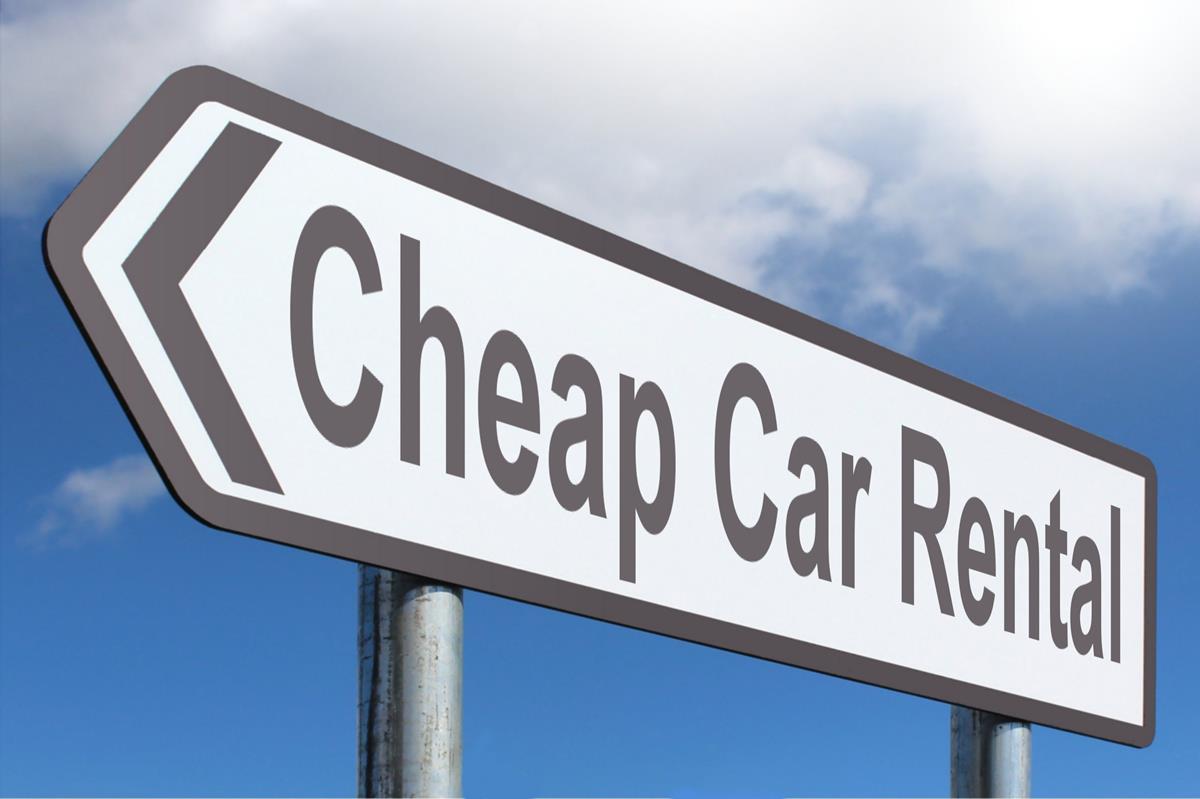
10. **Rental Car Receipts**After a car accident, especially one that renders your vehicle inoperable or unsafe to drive, the practical necessity of obtaining a rental car quickly becomes apparent. This immediate need for alternative transportation is a direct and often substantial financial consequence of the incident. It’s an expense that, while necessary, can add to the stress of an already challenging situation.
It is absolutely crucial to meticulously keep every single receipt associated with your rental car. This isn’t just about the final bill; it includes the initial rental agreement, any daily or weekly charges, receipts for fuel purchased for the rental vehicle (if applicable and part of your claim), and the conclusive invoice upon returning the car. A complete set of records ensures no expense is forgotten.
These organized receipts serve as undeniable, tangible proof of an additional out-of-pocket expense directly incurred because of the accident. They provide clear documentation of your temporary transportation needs, quantifying this specific financial loss, and thus forming a legitimate and recoverable part of your overall claim for damages. They transform a necessary inconvenience into a well-documented line item for compensation.
Insurance companies typically cover reasonable rental car expenses as part of property damage claims, especially when your vehicle is being repaired or is deemed a total loss. Presenting clear, itemized, and organized receipts streamlines this reimbursement process, making it much easier and quicker for you to recover these out-of-pocket costs without undue hassle or dispute.
By diligently documenting these rental car expenses, you ensure that the accident’s full financial impact is acknowledged and properly addressed within your claim. This proactive approach prevents you from shouldering costs that should rightfully be covered by the at-fault party’s insurance or your own policy, ensuring that every aspect of your life disrupted by the accident is accounted for in your pursuit of fair compensation.
**Final Thoughts on Comprehensive Documentation**
A motor vehicle accident is undeniably a jarring event, often leaving individuals feeling disoriented and uncertain about the crucial steps to take next. However, as we’ve explored, arming yourself with the right set of documents can make a monumental difference in navigating the complex aftermath. From the initial police reports and medical records that establish the immediate facts, to the detailed financial and personal logs that track your ongoing recovery and expenses, each document plays a pivotal role.
These records—your police reports, medical documentation, repair estimates, proof of lost wages, personal notes, communication logs, traffic citations, and rental car receipts—are more than just paperwork. They are your shield and your sword, proving what happened, who was at fault, and the full extent of your losses, both physical and financial. They empower you, transforming confusion into clarity and uncertainty into a strong, verifiable case.
Read more about: 12 Essential Steps: Navigating a Hit-and-Run Accident Legally and Safely with Expert Guidance
By being organized and diligent in collecting and maintaining these essential documents, you proactively protect your rights and significantly bolster your chances of securing the fair compensation you are rightfully owed. Remember, preparation is your most powerful ally in the journey toward recovery and justice after a car accident.


